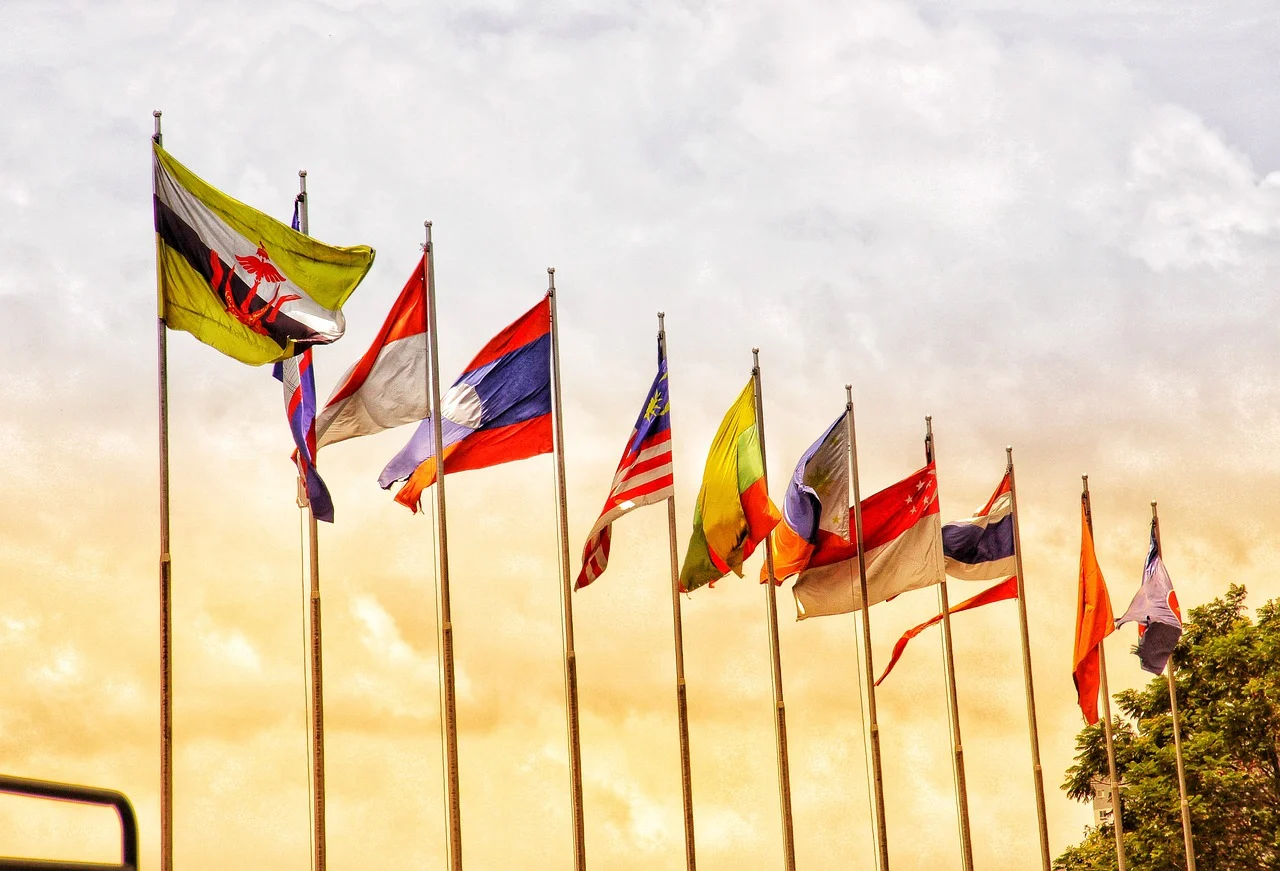“This framework demonstrates our commitment to work with our partners and close friends in the region to address the most important challenges to economic competitiveness in the 21st century,” said the General. US President Joe Biden speaks during the launch of the Indo-Pacific Economic Framework for Prosperity (IPEF) in Tokyo today.
Mr. Biden said the list of 13 countries participating in the first IPEF includes the US, Australia, Brunei, India, Indonesia, Japan, Malaysia, New Zealand, Philippines, Singapore, South Korea, Thailand and Vietnam.
IPEF is a trade initiative that can help the US strengthen its presence and reassert its strategic strength in Asia, as well as a framework for establishing a group of closely linked trading partners in the Asia-Pacific.
Unlike traditional trade blocs, IPEF members will not negotiate on tariff removal and market access relaxation. Instead, the program will connect member countries through common standards in areas including supply chain security, clean energy, infrastructure and the digital economy.
The initiative was launched about seven months after it was announced by Mr. Biden at the East Asia Summit (EAS) to be held online in October 2021. This is considered one of the pillars of the Indo-Pacific strategy of the Biden administration.
Unlike traditional trade blocs, IPEF members do not have to negotiate tariffs and increase market access. Instead, the initiative aims to integrate trading partners into agreed standards in four key areas, including the digital economy, supply chains, clean energy infrastructure and countermeasures. corruption.
US President Joe Biden today begins an official visit to Japan and holds talks with Prime Minister Fumio Kishida. “The US-Japan alliance has long been a pillar of peace and prosperity in the Indo-Pacific. The US has always remained committed to ensuring Japan’s defense,” he said.
Leaders of the two countries are expected to discuss a plan to strengthen Japan’s defense capacity, in the context of China’s increasing investment in enhancing military power in the region.
US President Joe Biden is making his first trip to Asia since taking office. After visiting South Korea, Mr. Biden headed to Japan and is expected to attend a meeting of the Quartet, a security mechanism set up by the US, Japan, Australia and India to respond to China’s growing influence. in the Asia-Pacific region.
The United States considers Japan and South Korea, two close allies, important to build an “alliance of like-minded countries” to counter the influence of China and North Korea in the region. Despite focusing on responding to Russia’s military campaign in Ukraine, US Secretary of State Antony Blinken on March 3 declared China’s rise to be “the greatest geopolitical test of the 21st century”.
According to newsnpr.org. Source of photo: internet








